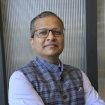Research and insights
Explore our views and insights to help create the value you seek in today's challenging business landscape
RIH - comprising a multidisciplinary team of researchers, writers, financial analysts, policy and technology experts, SMEs with relevant industry experience - will be responsible for generating insights to address some of the most pressing problems of our society, which cut across sectors.
These perspectives are aimed at triggering transformational ideas and delivering sustained outcomes through human-led tech enablement to accelerate our journey towards a Committed India. We hope you find the articles and videos of relevance, and they help us work together to build trust and create a better, greener tomorrow.
Immersive Outlook

This edition of Immersive Outlook delves into the transformative impact of agentic AI on businesses and India's rise as a global powerhouse of autonomous intelligence. In addition, Sharad Kumar Agarwal, Chief Digital and Information Officer, JK Tyre & Industries Ltd., emphasises the need for clear RoI and regulatory clarity while investing in agentic AI.
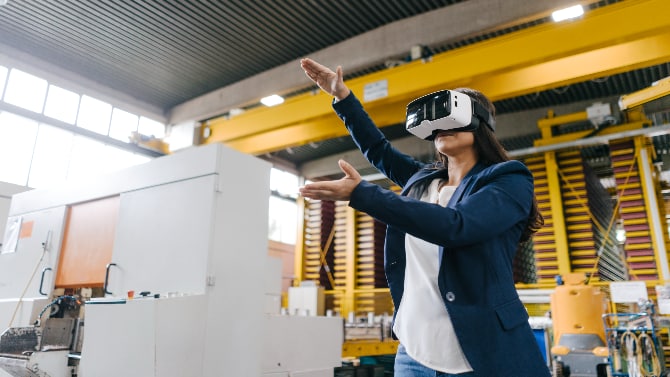
This edition of Immersive Outlook examines ways and means to drive the Fifth Industrial Revolution to bring about sustainable, resilient and human-centric transformation across the value chain. We also have Mr B. Thiagarajan, Managing Director of Blue Star Ltd., discuss how marrying people and technology can solve manufacturing challenges of scale, speed and quality.

This edition of Immersive Outlook examines how the three T’s of tax – technology, transparency and trust – are interconnected and can help shape a more efficient tax landscape. The four articles and a panel discussion with select clients show how technology can drive compliance and bring in transparency, and transparency in turn can help strengthen the trust quotient.
This edition of Immersive Outlook looks at how public-private partnerships, nature-based solutions and emerging technologies can accelerate India's efforts on climate change adaptation. We also have Deeksha Vats of Aditya Birla Group and Subramanian Sarma of L&T provide industry insights that can help deliver tangible outcomes on the ground.
This edition of Immersive Outlook explores the bottlenecks in operations management, AI's transformative potential and recommends solutions for delivering sustainable outcomes. We also have Mr Vadiraj Kulkarni of ITC PSPD and Dr Arif Dowla of ACI Group discuss the imperatives of driving operational excellence and the need to focus on societal change as much as business change.

The evolving BFSI landscape takes centre stage in this fourth edition of Immersive Outlook. In two thought-provoking interviews, sector experts discuss the need for insurance companies to build trust and the importance of human connection in banking. Our articles take a closer look at the potential of embedded insurance, examine the resilience of domestic banks amidst global headwinds, and explore the future of payments with e-Rupee.
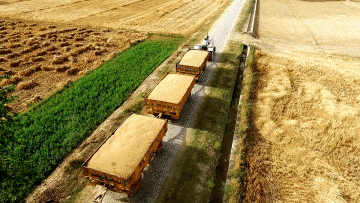
The third edition of Immersive Outlook turns its attention to the supply chain ecosystem. Apart from video interviews with two industry stalwarts, we look at the future trends, the art of building resilience and sustainability, study how connected and integrated supply chains can propel growth.

This edition of Immersive Outlook focuses on ways and means of propelling the nation’s growth. Alongside video interviews with industry experts, It offers actionable recommendations for the upcoming Union Budget and underlines specific investment areas to ensure education for all.

We are happy to launch the first edition of our digizine, Immersive Outlook. This publication offers distinctive perspectives aimed at generating transformational ideas to propel our #committedIndia journey.
Our Take

GBS and agentic AI: Friends or foes?
Agentic AI is transforming the core architecture of global business services (GBS), especially within global capability centres (GCCs). Organisations ready to redefine talent and deploy the right AI governance model stand to gain a competitive edge. Here's Our Take.

Catalysing new value streams in oil and gas with agentic AI
The oil and gas sector largely relies on manual, siloed processes. But agentic AI can unify fragmented workflows, expediting discovery and enhancing production by generating actionable insights from data that mostly sits idle. Here is Our Take.

IT services as a value multiplier in global capability centres
As the IT arms of GCCs evolve from efficiency enablers to innovation accelerators, adopting a GCC model for IT operations can be beneficial for global enterprises. Here is Our Take.

Tapping private credit opportunities in India
Private credit is steadily gaining ground in India. With the right framework to balance risks and rewards, it can benefit both investors and borrowers for whom traditional financing is out of bounds. Here is Our Take.

Charting a roadmap for strategic investments to power open innovation
The promise of open innovation is driving the growth of corporate venture capital (CVC) units in India. Here is Our Take on why CVC is a compelling proposition that can help companies remain resilient to external shocks.

From growth catalyst to growth engine
The transformation of R&C GCCs from basic service delivery units to integrated hubs of value creation has been driven by their increasing strategic importance in the global operations of the parent companies. But there is more ground to cover. Here is Our Take.
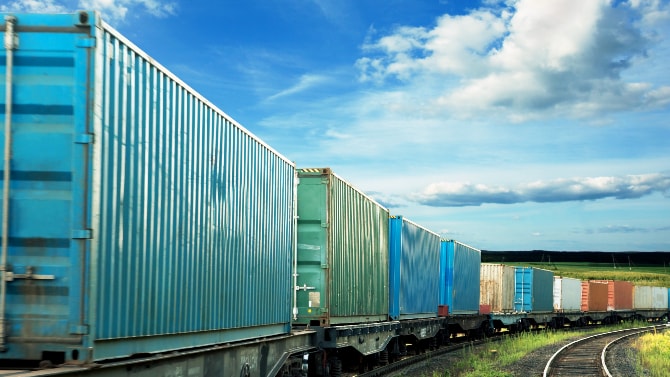
Blueprint for a successful economic corridor
The proposed India-Middle East-Europe Economic Corridor (IMEC) could boost India’s access to more markets, enabling growth. What are the key success factors of a transnational economic corridor development strategy? Here is Our Take.

Unlocking sustainable value in the oil and gas sector
As the world strives to enhance global energy security, achieve affordability and reduce emissions, India's dynamic O&G sector is showing promise with global capability centres serving as holistic solution providers. Here is Our Take.

Creating holistic value for family businesses
While the family office has been charting a transformative course – from being an enabler boosting the financial wealth of families to building a resilient family enterprise, there is still considerable ground to cover. This edition of Our Take traces the evolution of family offices.
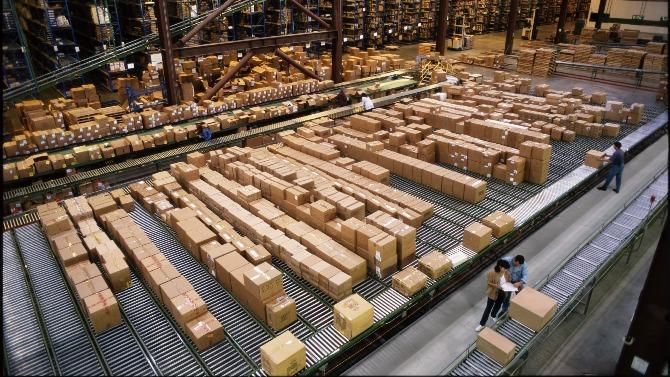
The 5 Es to drive digital commerce
The Open Network for Digital Commerce (ONDC) aims to redefine India's ecommerce landscape by ending digital monopolies and creating a level playing field for merchants. Here is Our Take on how ONDC can achieve its objective.

Unlocking opportunities in tax using GenAI
GenAI is a strategic imperative in the data-rich landscape of tax. Our Take outlines what a GenAI-driven future for tax will look like and throws light on the advantages it will bring to an organisation’s tax function.

Transforming India’s mining landscape with autonomous technology
Autonomous technology is revolutionising the mining industry globally, boosting productivity and enhancing safety standards. In this edition of Our Take, we decode how automation can reinvent the mining landscape in India.

Six imperatives to scale up the global capability centre market in India
Global capability centres in India are gearing up to be able to think ahead of their parent firms. Here is Our Take on some of the key aspects that could help them invigorate their script for end-to-end value creation, providing a fillip to the economy.
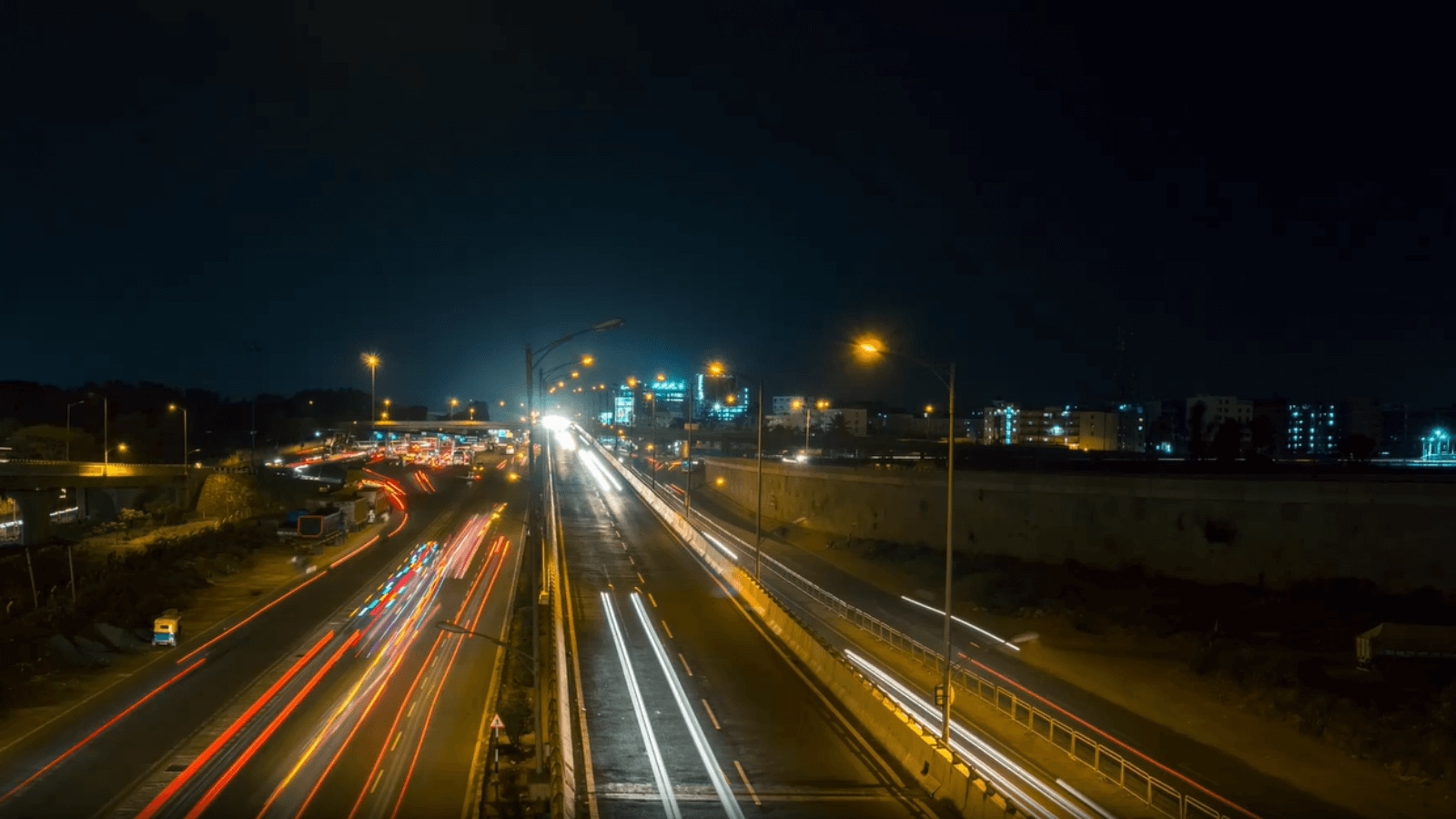
Heading out to the highway: Engineering safer designs
While significant strides have been taken to enhance connectivity and safety on India's highways, there is still room for improvement. Our Take offers forward-thinking solutions to bridge the gaps.
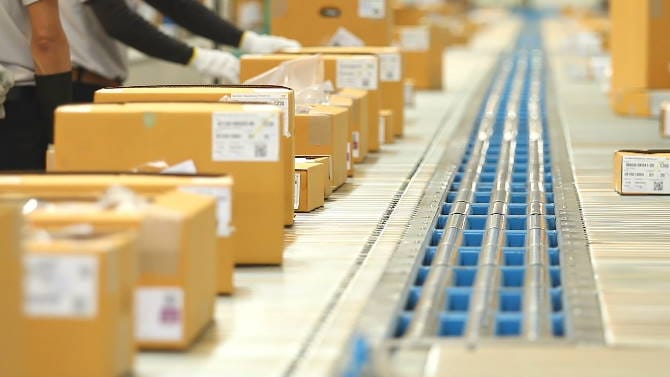
India's electronics manufacturing journey: The Road Ahead
With the size of India's electronics manufacturing sector expected to increase to USD 300 billion by 2025-26, the country is fast emerging as a global electronics manufacturing hub. What can further incentivise global players to shift base to India?

Embracing the metaverse
Several Indian firms are planning to embed Metaverse in their business activities in a year or two as they seek to engage with customers more creatively and unleash newer revenue streams. Take a look at the benefits and challenges.

Fuelling India’s future with bioenergy
Although India can produce reliable, cost-effective and environmentally sustainable bioenergy to meet its energy demand, progress has been slow. Implementing a few key action plans could accelerate its production
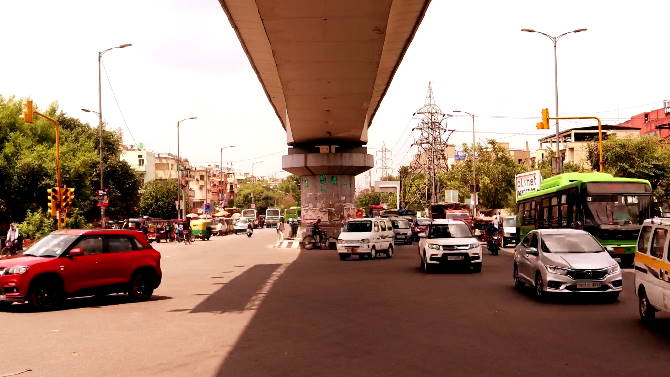
3Cs for safer roads: Citizens, communities and corporates
India holds the dubious distinction of being the country with the highest number of road fatalities. At times, citizens who bypass traffic laws and regulations are at fault. Six course correction initiatives to help safeguard lives.

Navigating the Cyber pass
With cyber war becoming the asymmetric weapon of choice for all threat actors, India needs to significantly up its cyber investments to safeguard its interests.

Coal: Challenges and opportunities
The recent power crisis in some states of India has moved coal to the centre stage. To reduce the severity of the coal shortage that impacts electricity generation, it is important to work on a strategy.

Shifting gears to drive financial inclusion
Now is the time for small finance banks (SFBs) to focus on four key imperatives that will not only provide impetus to their growth, but also enable them to fulfil their objective of furthering financial inclusion.
Meet our lead

Raghav Narsalay is a partner at PwC India and the lead for the Research and Insights Hub in India. Raghav has over 27 years of professional experience in driving demand generation and building thought leadership for business teams in areas of digital transformation, operating model transformation, market entry strategies among others.
Raghav’s research has been published in tier-1 publications including, Harvard Business Review, Stanford Social Innovation Review, European Business Review and Forbes. In 2013, the Academy for Innovation and Entrepreneurship Conference at Oxford, awarded a ‘special mention for pioneering contribution’ to Raghav’s work around inclusive business models. Raghav holds a bachelors and master’s degree in Statistics and Economics, respectively, from University of Mumbai. He has completed his European Masters in Law and Economics from Erasmus University and Executive Programme in Business Analytics from Indian Institute of Management (Kolkata).
Contact us
